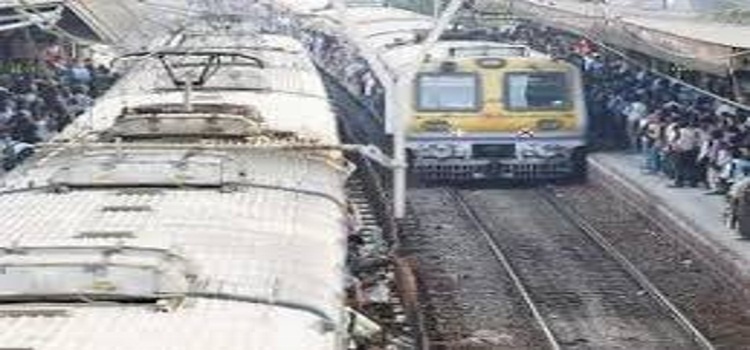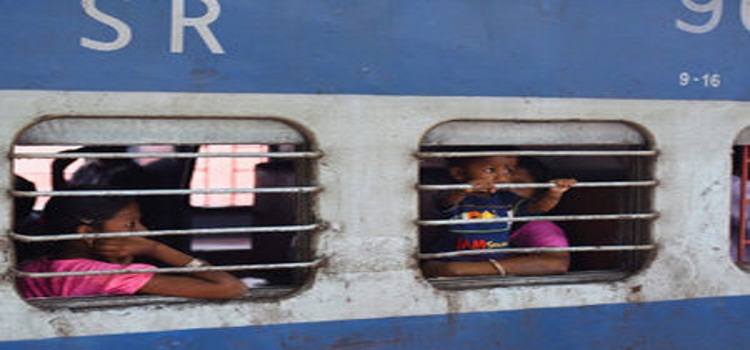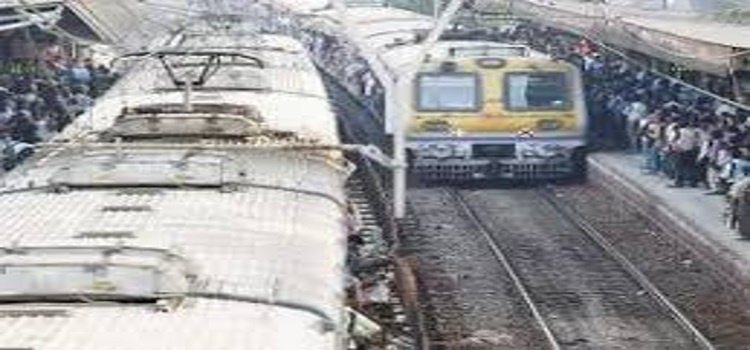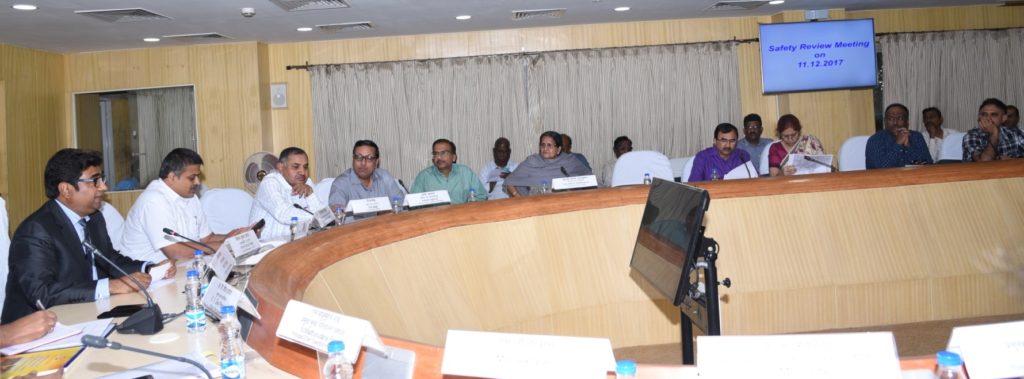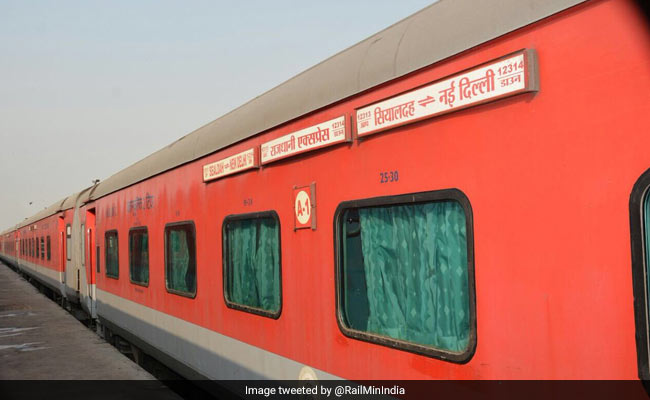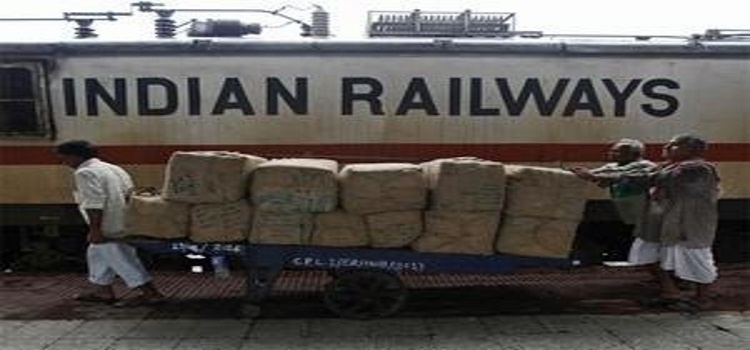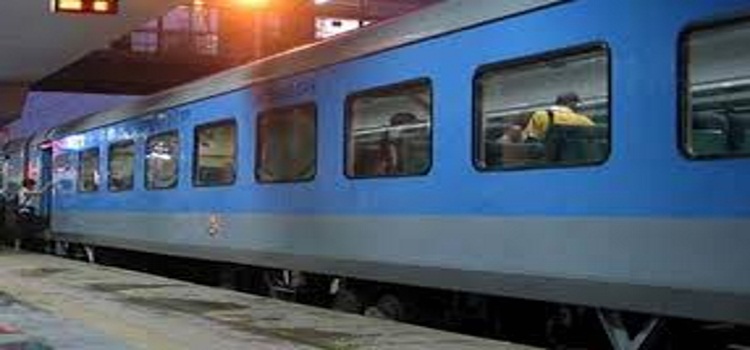
Indian Railways will soon bring for cabinet clearance an ambitious, Rs. 18,000 crore ($3 billion) plan that involves fencing off the existing Delhi-Kolkata and Delh-Mumbai routes to speed up train movement in the country’s two busiest corridors.
Besides fencing, the proposal involves track and signalling upgrades and elimination of unmanned level-crossings along the two major trunk routes — Delhi-Mumbai at 1,384 kms Delhi-Howrah at 1,450 kms.
The cabinet is expected to consider the plan next month.
“The proposal has already been cleared by the extended Railway Board, NITI Aayog and the Finance Ministry. Now it awaits Cabinet clearance — after which the project will commence,” a senior Railway Ministry official said.
The ambitious project envisages taking train speeds up to 160 km per hour in the busy corridors.
While the overall cost for the Delhi-Kolkata route is estimated at Rs. 7,000 crore, that of the Delhi-Mumbai corridor is Rs. 11,000 crore. Of this, fencing alone will cost about Rs. 2,200 crore.
Fencing is a must for semi-high speed corridors as it prevents human or cattle interference on the tracks and ensures higher speeds and safety.
Describing it as a “paradigm shift” for the development of the rail network in the country, the official said once the route is fit for 160 kmph, the speed can be further upgraded up to 200 kmph.
According to the feasibility study, it is a remunerative project with both routes having a high rate of return.
The official said that while the rate of return for the Delhi-Howrah route — which runs through major cities such as Kanpur and Lucknow — has been estimated at 18 per cent, it has been pegged at 14.7 per cent for the Delhi-Mumbai corridor that has cities such as Vadodara enroute.
Currently, train speeds are greatly affected by network congestion. While the Railways is constructing dedicated freight corridors for the exclusive movement of the goods service, fencing off the existing Delhi-Mumbai and Delhi-Kolkata routes will enhance passenger movement on the existing tracks.
